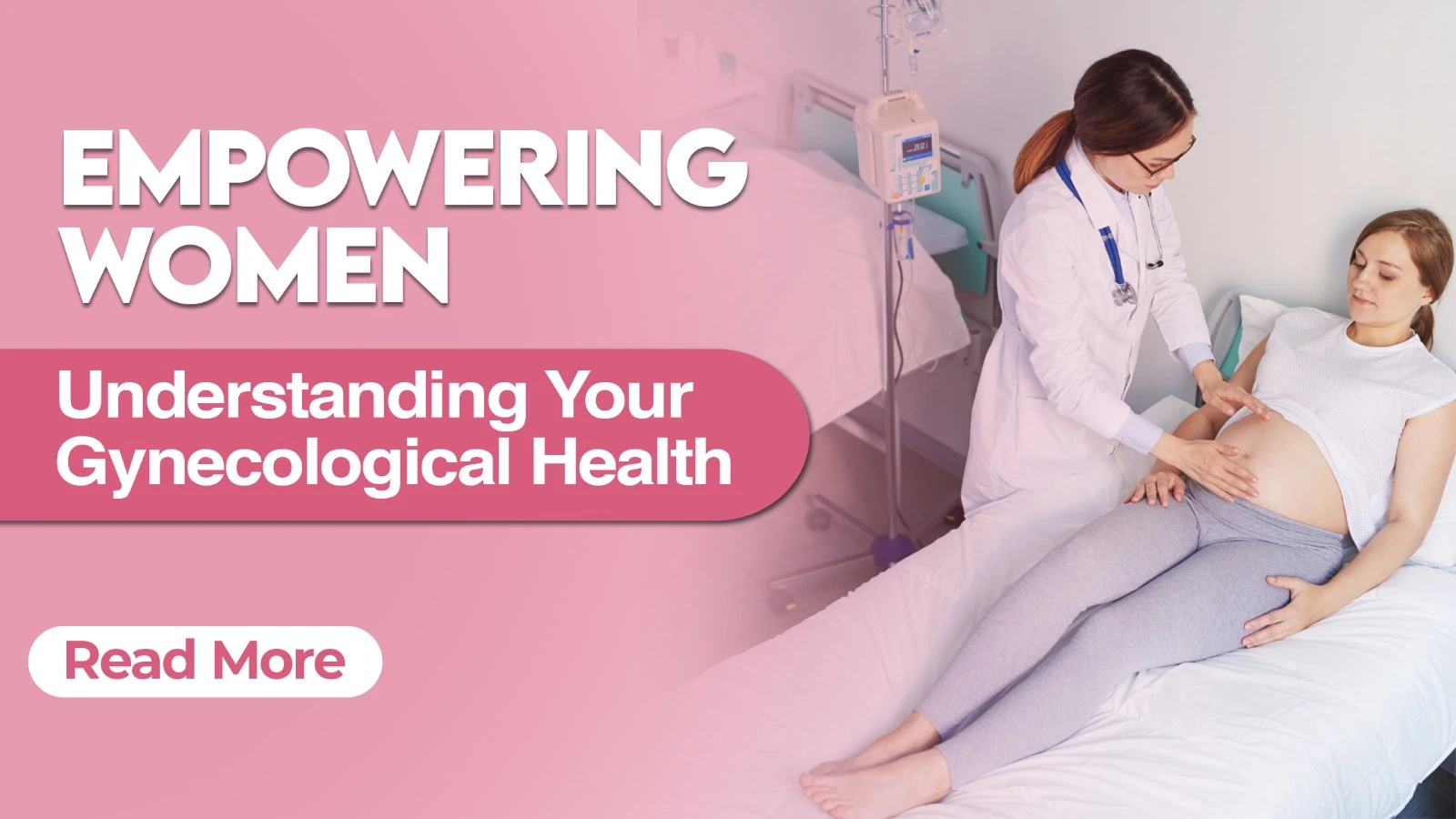
Empowering Women: Understanding Your Gynecological Health
Understanding your gynecological health is not just about knowing the basics; it’s about empowerment and taking control of your well-being at every stage of life. As women, our bodies undergo remarkable changes from adolescence through to menopause and beyond, making it essential to prioritize gynecological care as a cornerstone of overall health.
The Importance of Regular Check-ups
Regular gynecological check-ups are crucial for early detection of potential health issues and maintaining overall wellness. These appointments typically include pelvic exams, pap smears, and discussions about reproductive health and contraception. By staying proactive, women can catch any abnormalities early, ensuring timely interventions and peace of mind.
Educating Yourself
Education is key to empowerment. Understanding your menstrual cycle, fertility, and common gynecological conditions empowers you to recognize changes or symptoms that may require medical attention. From understanding contraception options to recognizing symptoms of infections or hormonal imbalances, knowledge allows you to make informed decisions about your health.
Navigating Life Transitions
Throughout life, women experience various transitions that impact gynecological health. From puberty’s onset and reproductive years to pregnancy, childbirth, and menopause, each phase brings unique considerations and potential health challenges. Being informed about these transitions equips you to manage them confidently and seek appropriate medical guidance when needed.
Promoting Wellness
Beyond addressing medical concerns, gynecological care encompasses promoting overall wellness. This includes discussions on lifestyle factors such as nutrition, exercise, and mental health, all of which influence gynecological and reproductive health. By adopting a holistic approach, women can optimize their well-being and reduce the risk of developing chronic conditions.
Seeking Support
Empowerment in gynecological health also involves seeking support from healthcare providers who specialize in women’s health. Whether consulting a gynecologist, reproductive endocrinologist, or pelvic health physiotherapist, finding professionals who prioritize your comfort, dignity, and understanding of your unique health needs is essential.
Conclusion
Empowering yourself with knowledge about gynecological health is a transformative step towards proactive self-care and well-being. By understanding your body’s needs, navigating life transitions with confidence, and seeking professional guidance when needed, you take charge of your health journey. Empowerment begins with education and continues with informed decisions that prioritize your health and happiness at every stage of life.
